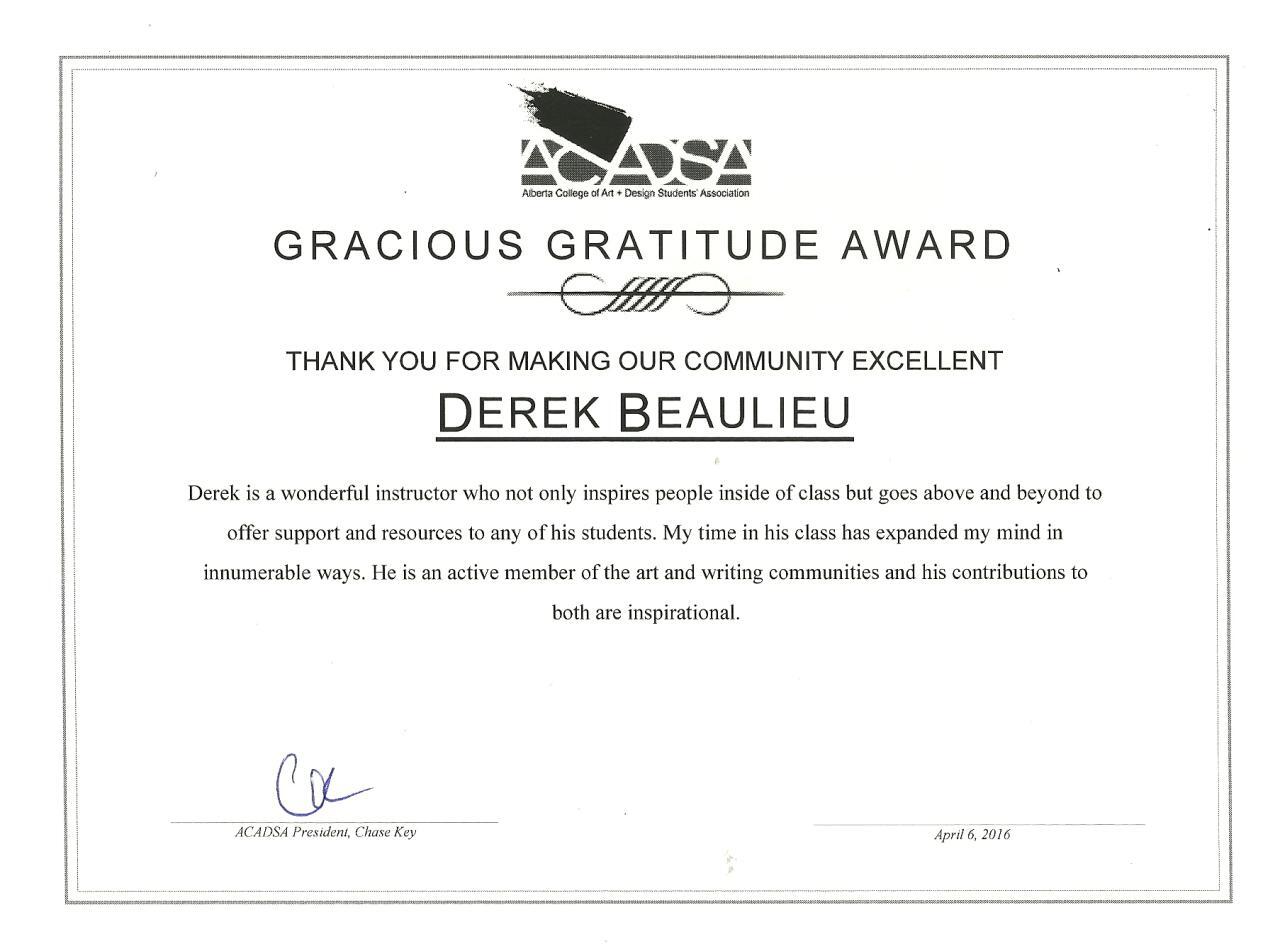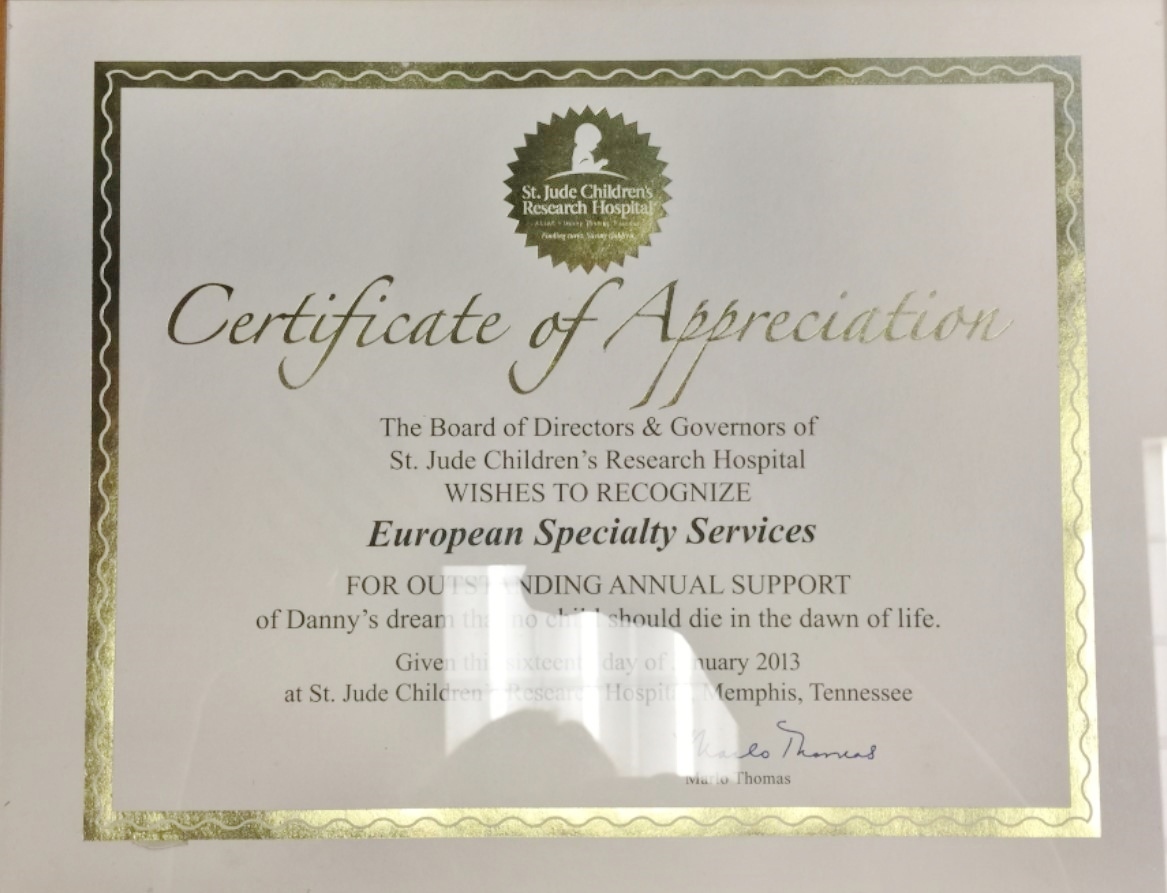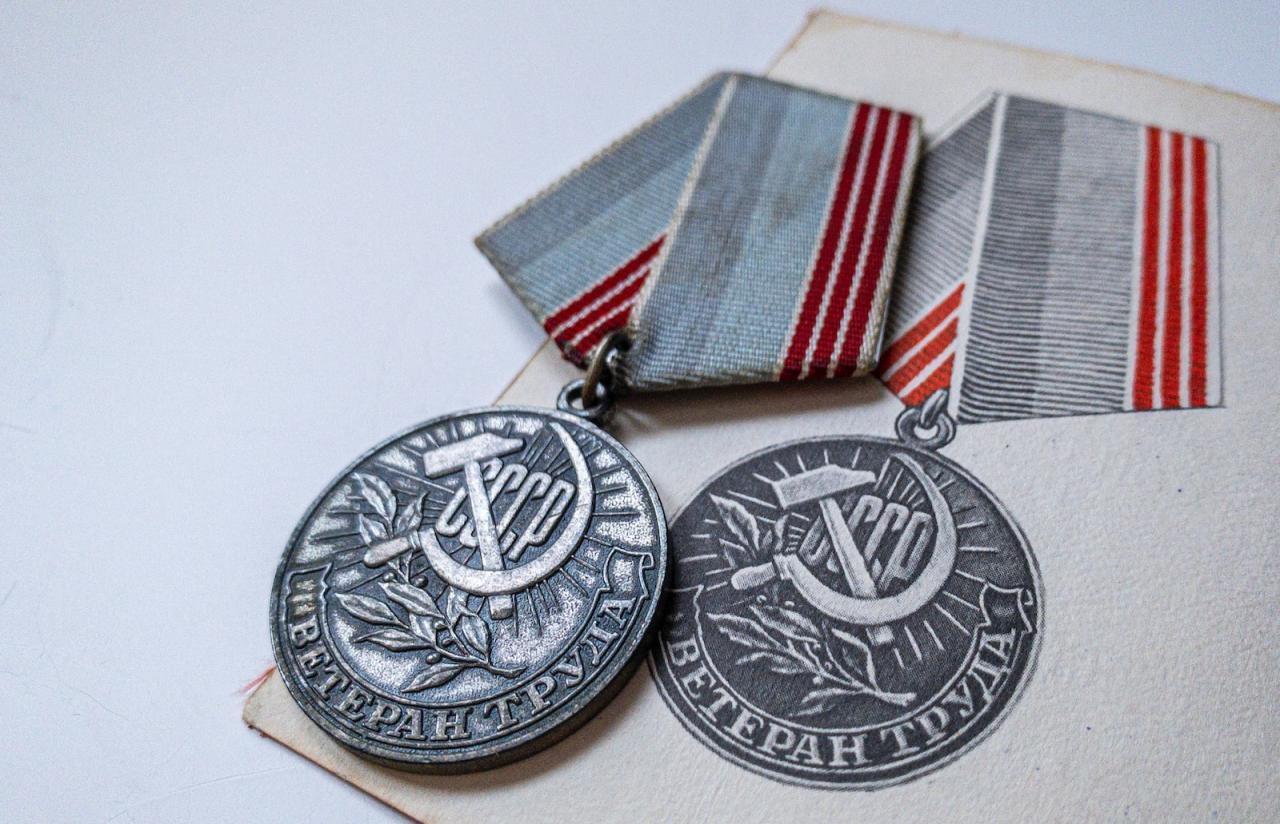Accepting an award is more than just a moment of recognition; it’s an opportunity to showcase professionalism and gratitude. This guide delves into the nuances of gracefully accepting an award, from understanding its significance to crafting a memorable acceptance speech. We’ll explore key strategies for acknowledging the award-giving body, expressing sincere appreciation, and maintaining a professional demeanor throughout the process.
The comprehensive approach will cover various aspects, including the importance of humility and respect, appropriate acknowledgement of supporting individuals, and effective strategies for handling unexpected situations. Practical examples and actionable advice will empower recipients to navigate this crucial moment with poise and confidence.
Understanding the Significance of the Award

Accepting an award gracefully is more than just a polite gesture; it’s a powerful demonstration of the recipient’s character and the event’s prestige. A well-executed acceptance reflects positively on the awardee, the organization presenting the award, and the overall atmosphere of the ceremony. The manner in which an award is accepted can significantly impact the public’s perception of the recipient and their work.A recipient’s actions during an award acceptance moment have a substantial effect on the entire event.
Their composure, sincerity, and gratitude set the tone for the occasion. A positive acceptance inspires the audience and strengthens the event’s reputation. Conversely, an inappropriate or dismissive acceptance can diminish the event’s impact and create a negative impression on the audience.
Importance of Humility and Appreciation
Humility and genuine appreciation are crucial elements in accepting an award gracefully. A heartfelt acknowledgment of the honor and a sincere expression of gratitude not only uplift the spirit of the ceremony but also reflect positively on the recipient’s character. A recipient who expresses humility and appreciation acknowledges the collective effort that contributed to the achievement being recognized.
This demonstrates respect for the award’s significance and the individuals involved.
Impact on Reputation and Public Image
The way an award is accepted significantly shapes the recipient’s public image. A polished and respectful acceptance fosters a positive perception, showcasing the recipient’s professionalism and good character. This positive image can be instrumental in future endeavors, whether personal or professional. Conversely, a negative or dismissive acceptance can damage the recipient’s reputation and impact their public image.
This can have far-reaching consequences, affecting their credibility and trustworthiness.
Impact on the Overall Event
The awardee’s acceptance has a direct impact on the overall event’s success and perceived value. A positive acceptance strengthens the event’s reputation, showcasing the importance of the awards and the prestige of the organization presenting them. Conversely, a negative acceptance can create a negative impression, diminishing the event’s impact and overall effectiveness.
Table: Award Acceptance Examples
| Award Category | Significance to the Recipient | Impact on the Event | Example of a Positive Acceptance |
|---|---|---|---|
| Lifetime Achievement in Literature | Recognition for a body of work that has impacted generations. | Elevates the prestige of the award and the literary community. | “I am truly humbled by this honor. My journey in literature has been deeply rewarding, and I dedicate this award to all the aspiring writers who share my passion.” |
| Innovation in Technology | Acknowledgment of a revolutionary advancement in the field. | Highlights the organization’s commitment to progress and innovation. | “Thank you to the judges for this incredible recognition. This award is a testament to the dedication of my team and the importance of collaboration in innovation.” |
| Community Service Award | Recognition for exceptional contributions to the local community. | Demonstrates the event’s commitment to recognizing community involvement. | “This award is not just for me, but for every member of the community who has supported our efforts. Thank you for believing in our mission.” |
| Outstanding Educator | Recognition for inspirational teaching and mentoring. | Celebrates the profound impact educators have on students’ lives. | “I am deeply grateful for this award. I dedicate this recognition to my students and their unwavering determination to learn.” |
Acknowledging the Awarding Body
Expressing gratitude to the organization or individual presenting an award is crucial for maintaining a professional and respectful demeanor. A thoughtful acknowledgment demonstrates appreciation for the recognition and strengthens the connection with the awarding body. This section will Artikel the proper ways to acknowledge the awarding body, including the presentation of supporting institutions or individuals, and how to demonstrate respect for the award’s history or mission.
Proper Acknowledgement of the Awarding Body
A sincere and well-structured acknowledgment of the awarding body elevates the acceptance speech. It conveys appreciation and reinforces the significance of the recognition. It’s essential to tailor the acknowledgment to the specific context, whether it’s a large organization or a small group.
Examples of Expressing Gratitude
Acknowledging the award givers can be achieved through a variety of approaches, from simple statements to more elaborate expressions. Choosing the right tone and phrasing is key. For example, instead of a generic “Thank you,” consider phrases like: “I am deeply grateful to the esteemed members of the [Awarding Body] for this remarkable honor.” Or, “I would like to express my sincere gratitude to the [Awarding Body] for this prestigious award.”
Mentioning Supporting Institutions or Individuals
If specific individuals or institutions played a role in the achievement recognized by the award, it is appropriate to acknowledge them. This shows appreciation and reinforces the collaborative nature of the work. For instance, “I am also incredibly grateful to my colleagues at [Institution] for their unwavering support,” or “I would like to thank my mentors, [Name] and [Name], for their guidance and encouragement.”
Showing Respect for the Award’s History or Mission
Demonstrating respect for the award’s history and mission adds depth to the acknowledgment. Mentioning the award’s purpose and the values it represents enhances the speech’s impact. For example, “This award, with its long and distinguished history of recognizing [specific achievement], holds particular significance for me,” or “The [Awarding Body]’s commitment to [mission] resonates deeply with my work.”
Table of Appropriate Acknowledgement
| Awarding Body Type | Appropriate Acknowledgement | Example of an effective acknowledgement | Potential Mistakes to Avoid |
|---|---|---|---|
| Large Organization | Formal, concise, and appreciative. | “I’m deeply grateful to the [Organization Name] for this prestigious award. Their dedication to [mission] inspires me.” | Generic or overly casual language. Forgetting to mention the specific organization. |
| Small Committee/Group | Personal, heartfelt, and specific. | “I’d like to express my sincere thanks to the selection committee. Their thoughtful consideration means the world to me.” | Formal language that feels impersonal. Failing to thank individuals directly. |
| Individual | Respectful, personalized, and acknowledging the individual’s role. | “To [Name], I owe a debt of gratitude for this incredible opportunity. Their vision and support have been invaluable.” | Overly casual or informal language. Failing to mention the award giver’s name or role. |
| Historical Award | Respectful, highlighting the award’s history and mission. | “This award, a testament to [Awarding Body]’s commitment to excellence in [field], is truly an honor.” | Failing to mention the historical significance or the purpose of the award. Using generic praise without context. |
Expressing Gratitude and Appreciation

Expressing sincere gratitude and appreciation is a crucial component of accepting an award gracefully. It demonstrates respect for the honor bestowed and acknowledges the contributions of others involved in the recipient’s journey. A heartfelt expression of thanks not only enhances the positive impact of the award ceremony but also fosters a sense of camaraderie and recognition within the community.Acknowledging the efforts of others involved in the process, whether mentors, colleagues, or supporters, is essential.
This acknowledgement demonstrates a well-rounded appreciation for the journey and reinforces the value of teamwork and collaboration. A genuine appreciation for the opportunity to receive the award underscores the recipient’s humility and deepens the impact of the recognition.
Phrases for Expressing Gratitude
A thoughtful selection of words can effectively convey sincere gratitude. Choosing phrases that resonate with the recipient’s personality and the context of the award ceremony is key.
- “I am deeply honored and humbled to receive this award.”
- “This award is a testament to the hard work and dedication of [mention individuals or organizations].”
- “I am incredibly grateful for this recognition and the opportunity to learn from [mention individuals or organizations].”
- “This award would not be possible without the support of my mentors, colleagues, and family.”
- “I express my sincere gratitude to the committee for this prestigious recognition.”
Acknowledging the Efforts of Others
Acknowledging the efforts of those who supported the recipient is vital for a complete and meaningful expression of gratitude. This recognition underscores the value of collaboration and shared accomplishment.
- “I want to acknowledge the unwavering support of my colleagues, especially [mention specific individuals or groups].”
- “I extend my gratitude to my mentors for their guidance and encouragement throughout this journey.”
- “This award is a collective achievement, and I want to express my appreciation to the team that has worked tirelessly alongside me.”
- “I am deeply indebted to my family for their constant love and support.”
Importance of Expressing Appreciation to Supporters
Expressing appreciation to those who have supported the recipient is essential for acknowledging the collective effort behind the achievement. It reinforces the significance of collaborative work and fosters a sense of community.
- This demonstrates humility and recognizes the vital role of others in the recipient’s success.
- A sincere expression of appreciation strengthens bonds and creates a positive atmosphere.
- It reflects well on the recipient’s character and reinforces the value of teamwork.
Showing Appreciation for the Opportunity
Expressing appreciation for the opportunity to receive the award highlights the recipient’s humility and gratitude for the recognition.
- “I am truly honored to be recognized by such a prestigious organization.”
- “It is an immense privilege to receive this award and to be part of this community.”
- “Thank you for this incredible opportunity to be celebrated for [specific achievement].”
Examples of Concise and Effective Appreciation
Using concise and effective phrases enhances the impact of the expression of gratitude.
| Type of Appreciation | Examples of Phrases | Tone/Style to use | Potential Issues to Avoid |
|---|---|---|---|
| Gratitude for Award | “I am deeply honored to receive this award.” | Respectful, humble | Overly casual or boastful language |
| Acknowledging Supporters | “My colleagues’ dedication has been invaluable.” | Appreciative, specific | Vague or general statements |
| Valuing the Opportunity | “Thank you for this wonderful opportunity.” | Humble, thankful | Taking credit for the award |
Maintaining a Professional Demeanor

A key aspect of accepting an award gracefully involves maintaining a professional demeanor throughout the entire process, from the initial approach to the concluding remarks. This includes adhering to a specific tone, managing emotions, and projecting a confident body language. A professional and composed presentation not only reflects well on the recipient but also enhances the overall impact and prestige of the award ceremony.Maintaining a professional tone during an acceptance speech is crucial.
It demonstrates respect for the occasion, the awarding body, and the audience. This tone should be respectful, appreciative, and avoid any language that could be misinterpreted or offensive. A thoughtful and measured approach conveys the speaker’s professionalism and maturity.
Maintaining a Professional Tone
A professional tone is characterized by respectful language, avoiding slang, jargon, or overly casual expressions. It’s vital to speak clearly and audibly, ensuring the audience understands the message. The language used should be appropriate for the setting and the audience.
Avoiding Inappropriate Language
Inappropriate language can significantly detract from the impact of an acceptance speech. This includes using offensive language, making inappropriate jokes, or engaging in personal attacks. Avoid any remarks that could be considered controversial or disrespectful. Instead, focus on expressing sincere appreciation and acknowledging the significance of the award.
Controlling Emotions and Body Language
Controlling emotions and body language is essential for maintaining a professional demeanor. Fluctuations in emotions, such as excitement or nervousness, can affect the delivery of the speech. Maintaining composure allows for a more effective and impactful presentation. Likewise, body language plays a crucial role in conveying professionalism. A confident and composed posture, appropriate eye contact, and controlled gestures are all vital components of projecting a professional image.
Presenting a Composed and Confident Demeanor
A composed and confident demeanor can significantly enhance the overall presentation. This includes maintaining a calm and controlled tone of voice, making eye contact with the audience, and using appropriate hand gestures. A speaker who appears confident and assured conveys a stronger message and inspires more trust in the audience.
Table: Professional Tone, Appropriate/Inappropriate Behavior, Emotion Control, and Confident Body Language
| Professional Tone | Examples of Inappropriate Behavior | Tips for Controlling Emotions | Examples of Confident Body Language |
|---|---|---|---|
| Using formal language, avoiding slang or jargon. | Using offensive language, making inappropriate jokes, or engaging in personal attacks. | Taking slow, deep breaths; focusing on the positive aspects of the occasion; and mentally rehearsing the speech. | Maintaining good posture; making eye contact with the audience; and using natural hand gestures. |
| Speaking clearly and audibly. | Mumbling or speaking too quickly. | Visualizing a successful delivery; practicing the speech multiple times; and remembering the purpose of the speech. | Standing tall and confidently; projecting a calm demeanor; and using appropriate hand gestures to emphasize key points. |
| Using respectful language. | Speaking in a condescending or disrespectful manner. | Focusing on positive emotions; reminding yourself of the significance of the award; and remembering the purpose of the speech. | Smiling genuinely; maintaining a relaxed posture; and expressing gratitude with sincerity. |
Handling Potential Challenges

Accepting an award is a momentous occasion, but unforeseen circumstances can sometimes arise. Maintaining composure and professionalism in these situations is crucial to preserving the positive impact of the event. Anticipating potential challenges and developing strategies to address them can significantly reduce stress and ensure a flawless presentation.
Unexpected Situations During Acceptance
A variety of unexpected events can occur during the acceptance speech. These range from technical difficulties with the microphone to unexpected comments from the audience or even a sudden change in the planned schedule. Being prepared for these scenarios minimizes the disruption and allows for a graceful response.
Managing Unexpected Challenges with Grace and Composure
Unexpected challenges demand quick thinking and composure. A practiced response, developed in advance, will help to manage these challenges smoothly. It’s essential to maintain a calm and professional demeanor, acknowledging the situation without dwelling on it. This approach assures the audience that the presenter remains in control and can adapt to any event.
Handling Difficult Questions from the Audience or Media
Dealing with difficult questions from the audience or media requires tact and preparation. Understanding the potential range of questions and rehearsing responses can empower the presenter to navigate the situation effectively. It’s crucial to remain professional, address the concerns directly, and offer concise, well-thought-out answers. Avoid getting drawn into arguments or confrontations.
Responding to Unexpected Incidents with Professionalism
Unexpected incidents, like a power outage or a sudden disruption in the ceremony, can arise. A key element in managing such occurrences is maintaining professionalism. Responding calmly and efficiently, while ensuring the safety of others, is paramount. It’s vital to avoid panic or unnecessary drama, instead focusing on finding solutions that minimize disruption.
Strategies for Handling Unexpected Situations
| Unexpected Situation | Potential Responses | Strategies for Handling | Illustrative Examples |
|---|---|---|---|
| Microphone malfunction | Acknowledge the issue calmly and politely. Request a solution from the event staff. | Practice a brief, prepared statement in advance to address the issue, reassuring the audience that the event will continue. | “I apologize for the technical difficulty with the microphone. I will continue with my remarks, and we will address this matter later.” |
| Unexpected applause or outburst | Acknowledge the outburst without appearing flustered. Maintain eye contact with the audience and adjust your tone if necessary. | Practice pausing for effect or making a transition to a different part of the speech if needed. | “Thank you for that warm reception. I appreciate the enthusiastic support.” |
| Difficult question from the audience | Listen carefully to the question. Acknowledge the questioner. Respond concisely, addressing the core concern. | Rehearse possible questions in advance and develop prepared responses. Focus on facts and avoid personal attacks. | “Thank you for the insightful question. The committee is working diligently on that specific area.” |
| Unforeseen disruption in the ceremony | Remain composed. Acknowledge the disruption with a brief comment and seek guidance from event organizers. | Establish a backup plan in case of unforeseen delays or technical issues. Remain professional and patient. | “Due to a minor scheduling adjustment, we will proceed with the awards ceremony in a few minutes.” |
Crafting a Concise and Memorable Acceptance Speech

A well-crafted acceptance speech is more than just a thank-you. It’s a powerful opportunity to connect with the audience, express gratitude, and leave a lasting impression. A concise and memorable speech conveys professionalism and genuine appreciation, ensuring the award’s significance resonates with the audience.
Structuring the Acceptance Speech
A structured speech allows for a smooth flow of ideas and avoids rambling. A well-organized acceptance speech provides a clear beginning, middle, and end, enabling the speaker to effectively convey the intended message. This structured approach helps the speaker navigate the speech seamlessly, ensuring a powerful and impactful delivery.
Essential Elements of a Memorable Acceptance Speech
The key to a memorable acceptance speech lies in its ability to evoke emotion, connect with the audience, and convey a clear message. A speech should express sincere gratitude, acknowledge the award’s significance, and thank supporters without being overly lengthy or repetitive. Conciseness and engagement are crucial elements for a powerful and lasting impact.
Acknowledging Supporters, Expressing Gratitude, and Highlighting the Award’s Significance
To effectively acknowledge supporters, a structured approach is vital. This involves a clear mention of individuals, teams, or organizations that contributed to the achievement being recognized by the award. Expressing genuine gratitude for their support is paramount, while highlighting the award’s significance reinforces its importance to the speaker and the broader context. A well-structured approach will acknowledge all these elements, creating a strong and impactful speech.
Maintaining Conciseness and Engagement
A concise speech is more impactful than a lengthy one. Using precise language, avoiding unnecessary jargon, and focusing on key points are essential. The speaker should aim for brevity, highlighting the most important aspects of the award and its implications. To keep the speech engaging, the speaker can use anecdotes, personal stories, or quotes to connect with the audience on a personal level.
The use of strong verbs, active voice, and precise language are essential for creating a powerful and memorable speech.
Speech Structure Template
| Speech Structure | Key Elements | Tips for Keeping it Concise | Example of a Well-Structured Speech |
|---|---|---|---|
| Introduction | Acknowledge the award, express sincere gratitude, and briefly mention the award’s significance. | Keep it brief, avoid lengthy introductions, and directly state the reason for acceptance. | “Thank you all for this incredible honour. I am deeply grateful to receive this prestigious award.” |
| Acknowledgment of Supporters | Mention individuals, teams, or organizations who contributed to the achievement. | Mention key contributors without overwhelming the audience. Use a concise list or a few key examples. | “I want to express my deepest gratitude to my colleagues, mentors, and family for their unwavering support and belief in me.” |
| Significance of the Award | Highlight the award’s importance, its impact, and what it represents. | Focus on the essence of the award, and its relation to the speaker’s work. Avoid unnecessary details. | “This award is a testament to the hard work and dedication of everyone involved. It represents the power of collaboration and innovation.” |
| Conclusion | Express gratitude again, reiterate the importance of the award, and conclude with a positive and inspiring message. | End with a memorable thought or quote, a concise summary, and a clear call to action. | “Thank you once more for this incredible recognition. I am truly humbled and inspired by all of you.” |
Last Recap
In conclusion, accepting an award gracefully requires careful consideration of the recipient’s role and the overall event. This guide has provided a framework for crafting a powerful and memorable acceptance speech. By understanding the significance of the award, acknowledging the awarding body, expressing heartfelt gratitude, maintaining a professional demeanor, and handling potential challenges, recipients can create a lasting positive impression.
The provided structure, examples, and actionable advice will equip you to navigate the acceptance process with confidence and grace.